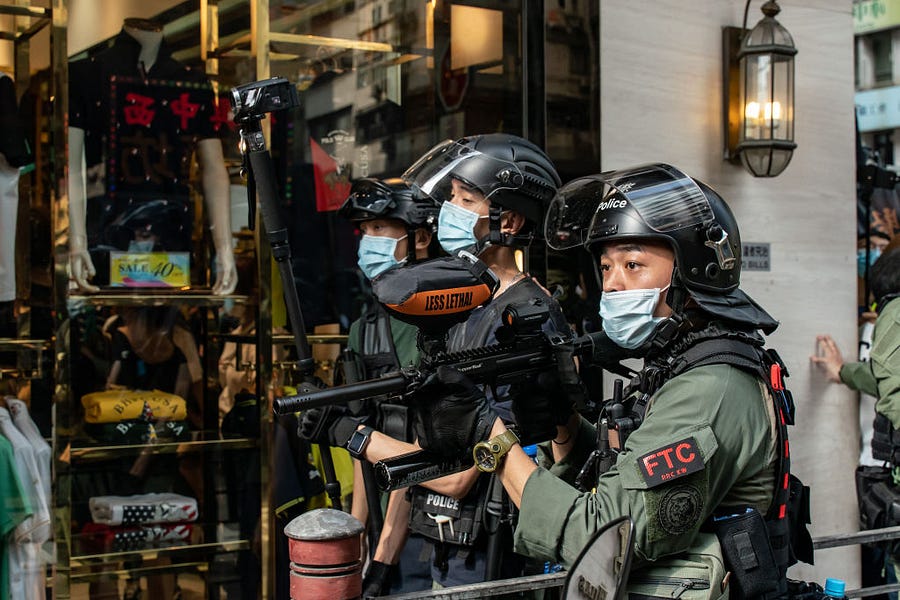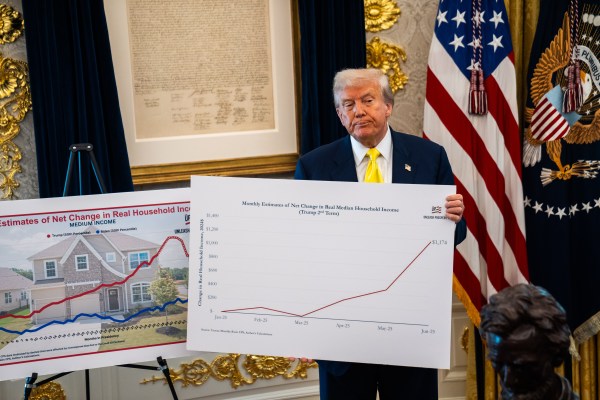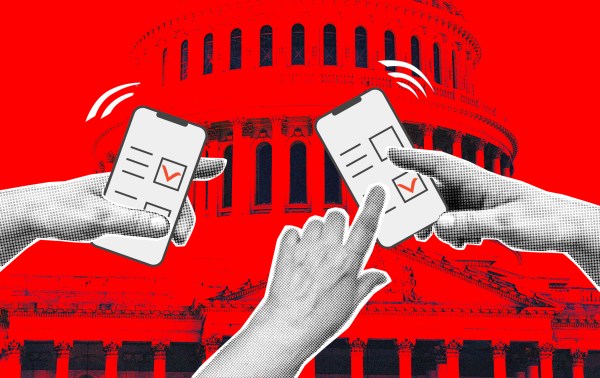When asked for a response to recently proposed legislation in China that would make Hong Kong’s elections favor Beijing loyalists even more, U.S. State Department spokesman Ned Price condemned the move and said Washington would “galvanize” collective action against Beijing. A few short days later, the proposal passed into law. While some Western nations did respond with condemnation and targeted sanctions, the measures once again failed to dissuade China from crushing Hong Kong’s already narrowing freedom.
But assimilating Hong Kong is not Beijing’s end game. It’s the beginning—the first domino to fall as China attempts to erode freedom globally. China is playing a long game, one that requires the United States and its allies to consider very different policy choices, ones that would focus on making our own democratic institutions more resilient to infiltration, especially by China’s increasingly sophisticated influence campaign. Such a pivot to home is long overdue.
Hong Kong is a proving ground for testing China’s global influence. Until recent years, its foreign policy philosophy, as laid out by former Chinese Communist Party leader Deng Xiaoping, was to “hide its strength and bide its time” in exchange for a peaceful rise. When President Xi Jinping came to power and threw out that philosophy, Hong Kong was an obvious place to start. For the first time, the Chinese government had to develop effective tactics to overturn a place with a very different political system. If those tactics work—which from today’s vantage point, they do—the Chinese government may conclude that the same infiltration tactics may also work elsewhere.
What tactics have likely succeeded in China’s Hong Kong operation? Those dealing with the economy, population, and propaganda.
At the time of its handover from the United Kingdom in 1997, trade with mainland China was a third of Hong Kong’s total trade. Today, it accounts for more than half, making Hong Kong highly dependent on and vulnerable to China’s economic leverage. Because of its low birth rate, any population increase that Hong Kong has seen in recent years is almost exclusively driven by the influx of mainland citizens, many of whom bring along their pro-Beijing values as they settle in the city. And now, after years of takeover, more than half of Hong Kong’s media properties have close political ties to Beijing, making critical voices of the mainland few and far between.
These efforts paid off when China repeatedly and openly altered Hong Kong’s institutions. Despite massive protests that frequently made headlines, political and business elites in Hong Kong were remarkably amenable to Beijing’s will.
What happens in Hong Kong doesn’t stay in Hong Kong. China is already starting to replicate this model in Western democracies.
In 2017, Professor Anne-Marie Brady of the University of Canterbury published a report detailing China’s influential activities in New Zealand. The strategy, similar to what’s used in Hong Kong, also focuses on the economy, population, and propaganda. New Zealand was the first developed country to sign up for China’s global infrastructure development strategy known as the “Belt and Road Initiative.” Although China cannot decide New Zealand’s immigration policy, it makes all-around efforts to turn ethnic Chinese residents there into pro-Beijing groups. New Zealand’s Chinese-language media, for example—which used to be independent and diverse—now have cooperation agreements that provide rosy content straight from China’s Xinhua news agency.
The New Zealand efforts seem to be another success for China. In January, when dozens of pro-democracy activists in Hong Kong were arrested, New Zealand chose not to join the other four members of the “Five Eyes” intelligence-sharing alliance (Australia, Canada, the United Kingdom, and the United States) in condemning China’s move. Its trade minister even suggested Australia should speak with a “little more diplomacy” and “respect” toward China.
The fact that China’s strategy is working on one of America’s key allies suggests that Western countries were not really paying attention when China dropped its hammer on Hong Kong. Liberal democracies did the right thing when they condemned China, sanctioned responsible individuals, and welcomed Hong Kongers with open arms. But it’s a fatal mistake to not reflect on how their own liberties can be eroded by China in similar ways.
The Foreign Agents Registration Act, for example, is a 1938 U.S. law that was enacted in response to the then-growing threat of Nazi propaganda in the United States. The law has been rarely enforced until recent years, and the Justice Department did not register China’s state-run media outlets Xinhua and China Global Television Network as foreign agents until 2018.
The world may be witnessing the end of Hong Kong as we know it, but China’s long march to global dominance won’t end there. Neither should our vigilance against China’s future assaults on democratic institutions.
Weifeng Zhong is a senior research fellow with the Mercatus Center at George Mason University and a core developer of the open-sourced Policy Change Index project, which uses machine-learning algorithms to forecast authoritarian regimes’ major policy moves by “reading” their propaganda.






Please note that we at The Dispatch hold ourselves, our work, and our commenters to a higher standard than other places on the internet. We welcome comments that foster genuine debate or discussion—including comments critical of us or our work—but responses that include ad hominem attacks on fellow Dispatch members or are intended to stoke fear and anger may be moderated.
With your membership, you only have the ability to comment on The Morning Dispatch articles. Consider upgrading to join the conversation everywhere.